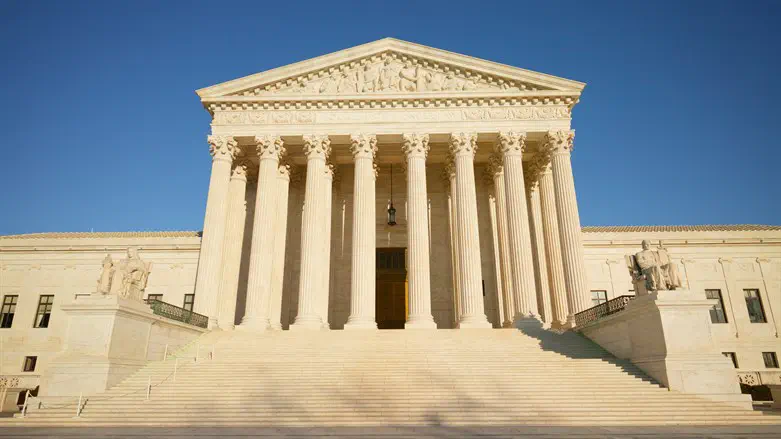
Israel needs the judicial reforms proposed by the governing coalition.
To allay any doubts on the part of those not opposing the changes for partisan political reasons alone, I would like to draw the attention of the Israeli public and of the foreign voices who oppose these reforms to the following outcries issued years ago by prominent US Supreme Court Judges warning against the autocratic judiciary in Israel.
In Israel, the judges of the Supreme Court dominate the appointment process and can use it to appoint their favorites, thus perpetuating their agenda. This authoritarian process has predictably produced an ideologically and demographically homogeneous court. In May 2005, Ruth Ginsburg and Antony Scalia, both from the U.S. Supreme Court, labeled Israel’s current system for appointing judges as “untenable” in an address to a committee of Israeli jurists visiting Washington.
Moreover, the Israeli court, by its assertion of the power to control both sword and purse, may well be the branch most dangerous to the political rights of the nation, writes Robert Bork, a professor at the Ave Maria School of Law in Ann Arbor, Michigan, and a Distinguished Fellow at the Hudson Institute in Washington, D.C. In his book ‘Coercing Virtue’ published in 2003 by AEI Press, Robert Bork wrote that the Israeli Supreme Court has usurped more power to itself than any other in the western world. Bork called the Israeli Supreme Court “the greatest threat to Israeli democracy.”
Robert Bork was an American jurist who served as the solicitor general of the United States from 1973 until 1977. On July 1, 1987, President Ronald Reagan nominated Judge Robert Bork for Associate Justice of the Supreme Court of the United States.
There is a new reality in Israel and the left is incapable of coming to terms with this new reality. The demography and ideology of the nation has moved to the right, aspiring to a society based on traditional Jewish heritage and moral values. This is an irrefutable reality.
The left which has run the country for decades with the help of an autocratic Supreme Court and which believed without an iota of a doubt that the country belonged to them, and only to them, cannot swallow the idea that the party is over. A dying flame flickers, makes its last breaking sounds and struggles to remain alive, but to no avail.
It is time to calm down and respect the voice of the majority. Is this not the crux of democracy? Israeli citizens are anticipating with hope and excitement the days when the nation’s Supreme Court will humbly serve all the people of Israel, not just the elitist few.
Joseph Gabbayis the author of A Bridge to Heaven, Living with God in the Twenty-First Century